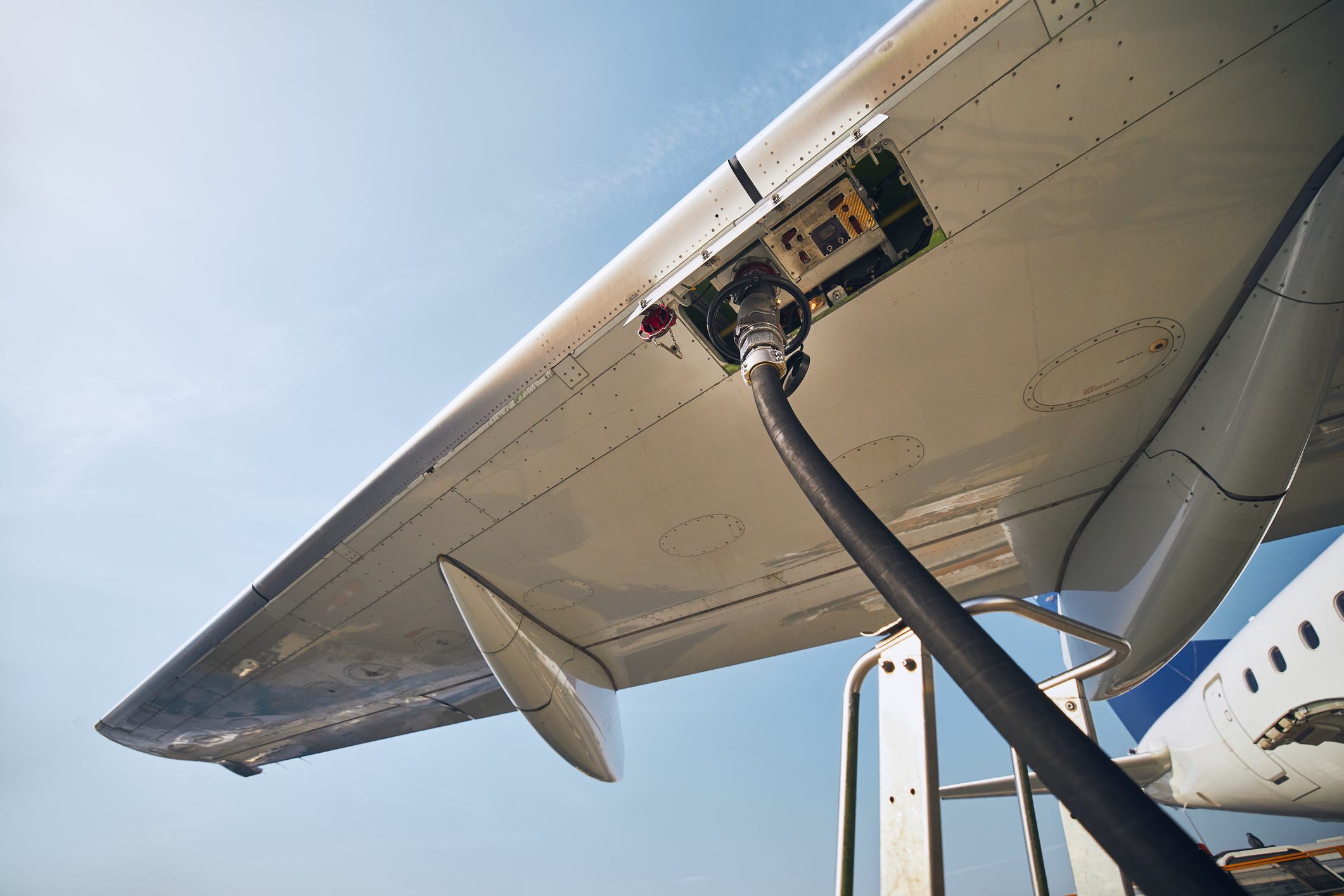Sustainable Aviation Fuel: State of Industry

This online engineering CPD course offers a comprehensive overview of sustainable aviation fuel (SAF) production, technology readiness, and market deployment in the U.S. and globally.
This course explores SAF supply chains, including feedstock sourcing, conversion technologies, ASTM certification, infrastructure integration, and commercial adoption. It examines key SAF pathways with respect to feedstock requirements, conversion efficiency, and lifecycle GHG performance.
In addition, this course covers industry priorities from near-term HEFA expansion to medium-term alcohol-to-jet adoption and long-term electrofuels and advanced catalytic routes. It introduces life cycle assessment (LCA) and techno-economic analysis (TEA) frameworks to understand the impact of policies like the Inflation Reduction Act (IRA), Renewable Fuel Standard (RFS), and Low Carbon Fuel Standard (LCFS) in creating financial viability.
Through case studies and industry metrics, this course assesses production capacity, investment trends, infrastructure constraints, ASTM D7566 certification, blending limits, and commercialization barriers such as feedstock supply, permitting, and logistics.
This 4 CPD online course is applicable to aerospace and mechanical engineers, sustainability professionals, as well as other technical professionals interested in scaling sustainable aviation fuels toward net-zero aviation by 2050
This PE continuing education course is intended to provide you with the following specific knowledge and skills:
- Understanding the current SAF industry, including U.S. production, technology deployment, and alignment with SAF Grand Challenge targets
- Identifying major ASTM-approved SAF pathways and their feedstocks, conversion methods, and blending limits
- Analyzing key feedstocks like FOGs, agricultural residues, municipal waste, and captured carbon; their availability, sustainability, and infrastructure challenges
- Evaluating pathway readiness, production costs, lifecycle GHG reduction potential, and comparing SAF with renewable diesel and other biofuels
- Exploring ASTM D7566 certification, economic/logistical factors, and deployment challenges including feedstock, hydrogen, refinery integration, and airport distribution
- Assessing U.S. policies, incentives, and regulatory frameworks (RFS, LCFS, IRA) driving SAF production and investment
- Applying course insights to analyze industry data, interpret trends, and support engineering, policy, or investment decisions toward net-zero aviation by 2050
Upon successful completion of the quiz, print your Certificate of Completion instantly. (Note: if you are paying by check or money order, you will be able to print it after we receive your payment.) For your convenience, we will also email it to you. Please note that you can log in to your account at any time to access and print your Certificate of Completion.